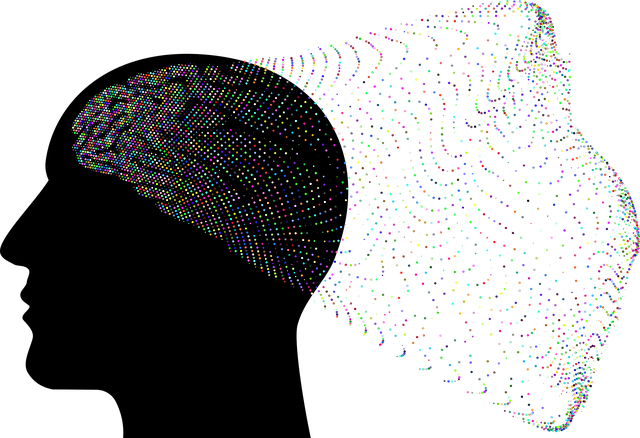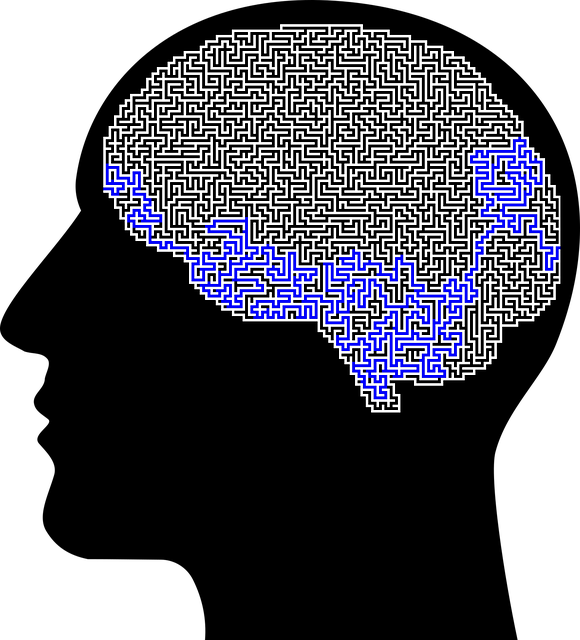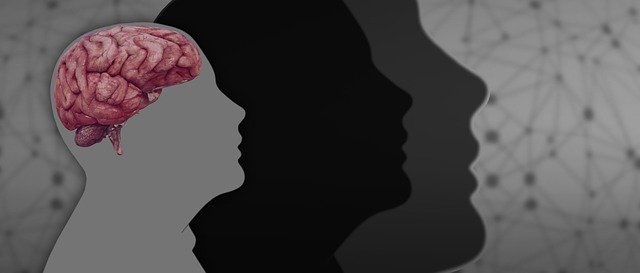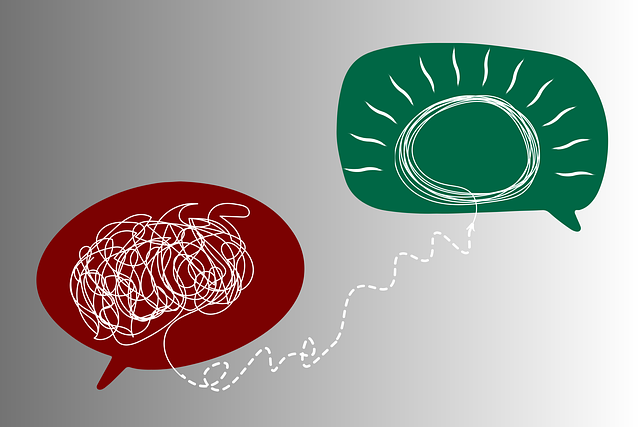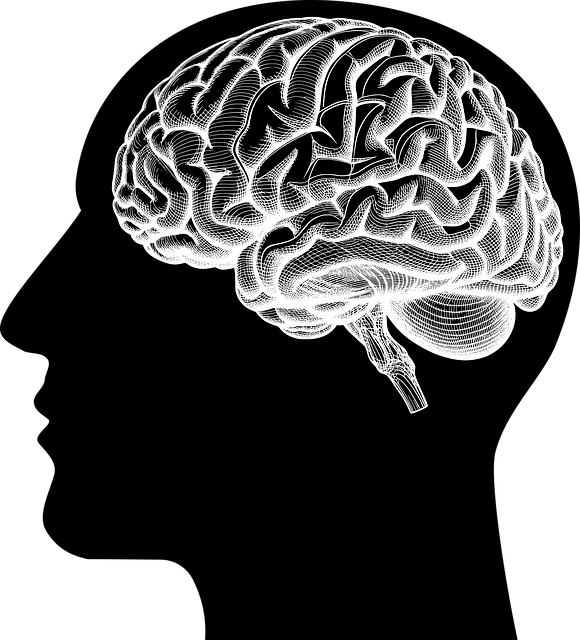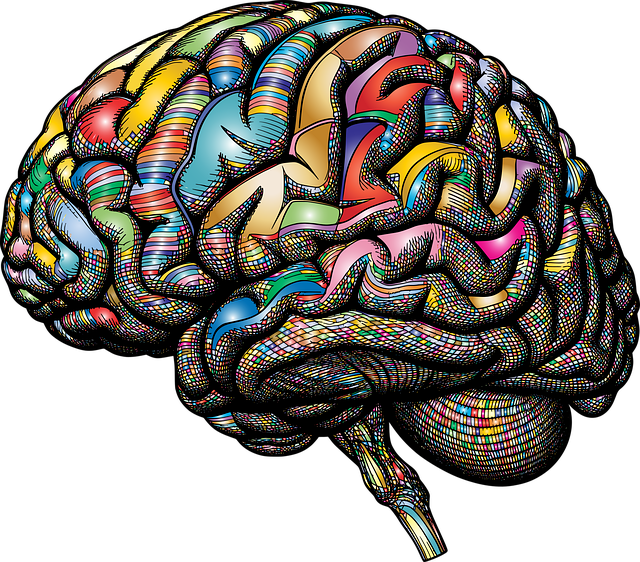Mental illness stigma significantly hinders recovery, leading to isolation and suffering. Fueled by negative attitudes, this stigma creates barriers to seeking help, impacting individuals, families, and communities. Parker Dialectical Behavioral Therapy (DBT), developed by Dr. Marsha Linehan, offers a powerful approach to combat stigma by teaching emotional management, distress tolerance, and relationship skills. Community engagement and education, including evidence-based practices like Parker DBT, promote understanding, reduce fear, and foster supportive environments, ultimately encouraging help-seeking behaviors and breaking down barriers to mental health care.
Mental illness stigma remains a significant barrier to treatment, impacting individuals’ quality of life. This article explores targeted efforts to reduce this societal burden, focusing on understanding stigma’s profound effects and its impact on mental health. We delve into innovative approaches like Parker Dialectical Behavioral Therapy (DBT), which has proven effective in fostering empathy and reducing prejudice. Additionally, we highlight the transformative role of community engagement and education in creating a more compassionate society where mental illness is met with understanding rather than judgment.
- Understanding Stigma and Its Impact on Mental Health
- Parker Dialectical Behavioral Therapy (DBT) as a Tool for Stigma Reduction
- Community Engagement and Education: Shaping a More Compassionate Society
Understanding Stigma and Its Impact on Mental Health

Stigma surrounding mental illness can have profound effects on an individual’s well-being and recovery journey. It often manifests as negative attitudes and beliefs that create a barrier to seeking help, leading to increased isolation and suffering. The impact of stigma is multifaceted, affecting not only those diagnosed but also their families and the wider community. It perpetuates fear, misunderstanding, and discrimination, hindering access to necessary support services like Crisis Intervention Guidance and enhancing the risk of worsening mental health conditions.
Understanding the complexities of stigma is crucial for implementing effective strategies, such as Parker Dialectical Behavioral Therapy (DBT), which focuses on challenging unhelpful beliefs and fostering compassion towards oneself and others. By raising awareness through conversations, education, and accessible resources, mental wellness advocates can combat these damaging perceptions. This collective effort, coupled with evidence-based practices, aims to create a more inclusive environment where individuals can access care without fear of judgment or ostracization.
Parker Dialectical Behavioral Therapy (DBT) as a Tool for Stigma Reduction

Parker Dialectical Behavioral Therapy (DBT) has emerged as a powerful tool in the ongoing battle against mental illness stigma. This therapeutic approach, developed by Dr. Marsha Linehan, focuses on teaching individuals skills to manage emotions, tolerate distress, and improve interpersonal effectiveness. By integrating mindfulness, acceptance, and cognitive strategies, DBT empowers clients to develop emotional intelligence and inner strength, two key components in reducing the stigma associated with mental health challenges.
Through structured group and individual therapy sessions, Parker DBT encourages a non-judgmental environment where individuals can openly discuss their experiences without fear of shame or rejection. This supportive setting fosters understanding and empathy, dismantling stereotypes often perpetuated by societal stigma. By learning to navigate emotional landscapes, individuals equipped with DBT skills gain confidence in managing their mental health, ultimately challenging the public’s perception of those living with various forms of mental illness.
Community Engagement and Education: Shaping a More Compassionate Society

In the fight against mental illness stigma, community engagement and education play a pivotal role in fostering a more compassionate society. By integrating Mental Health Education Programs Design that focus on emotional well-being promotion techniques, communities can dispel myths and misconceptions surrounding mental health challenges. Through workshops, awareness campaigns, and collaborative initiatives with local schools, organizations, and healthcare providers, individuals equipped with knowledge and empathy can create a supportive environment for those dealing with mental illness.
One effective approach is the implementation of Community Outreach Program Implementation that incorporates evidence-based practices such as Parker Dialectical Behavioral Therapy. This not only empowers community members to recognize and support peers in need but also encourages open conversations about mental health, reducing fear and judgment. By fostering understanding and solidarity, these efforts contribute to a collective shift towards acceptance and compassion, ultimately breaking down barriers for individuals seeking help.
Mental illness stigma reduction is a multifaceted approach, and as discussed, understanding its impact and utilizing effective tools like Parker Dialectical Behavioral Therapy can significantly enhance mental health outcomes. Community engagement and education play a pivotal role in fostering a more compassionate society, where individuals with mental health challenges are supported and accepted. By combining therapeutic interventions with societal shifts, we can work towards a future where everyone receives the care they need without fear of stigma.
